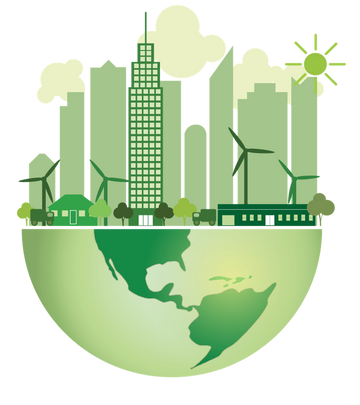
We take water seriously, and our mission is to help save the oceans one accessory piece at a time.
Water is everywhere, it constitutes our oceans, rivers, streams, and lakes. It’s also 70% of our body’s composition. This is why we make preserving all water bodies a priority, yet preserving, keeping, or even rescuing them is not always an option. And that makes you think outside of the box.
So yes, we should re-claim water (bodies) but also make use of waste and re-purpose it.
How? Composting. Compost is basically organic material that can be added to soil to help plants grow. Food scraps and yard waste together currently make up more than 30 percent of what we throw away and could be composted instead. Making compost keeps these materials out of landfills where they take up space and release methane, a potent greenhouse gas. In a way, reclaimed water fits in the farming scenario very much like compost.

The process consists of taking wastewater and turning it into water that can be reused for other purposes. Reuse may include irrigation of gardens and agricultural fields or replenishing surface water. This reused water then can be redirected toward houses, businesses, and industry, to use for example to flush toilets. In doing so, the reclaimed water becomes a source that substitutes freshwater in many applications, thus becoming a water-saving measure. And different from compost that can fill the environment with methane, when this already up-cycled water is later on discharged back into natural water sources, it still holds benefits to the ecosystems, becoming part of the natural water cycle.
According to Yes Magazine, this practice has proven fruitful to one farmer named Carolyn Phinney, who is behind CoCo San Sustainable Farm of Martinez, California, a farm built on reclaimed land, using reclaimed water, and started with a simple mission: to get kids to eat more vegetables. The farm is adjacent to a water treatment plant. For Phinney, the water is the real secret to growing such healthy, high-yielding plants. Timing is everything when farming, so to not waste precious time, Phinney irrigates all her crops with reclaimed wastewater, which she says is nutrient-rich, safe, free, and abundant.





